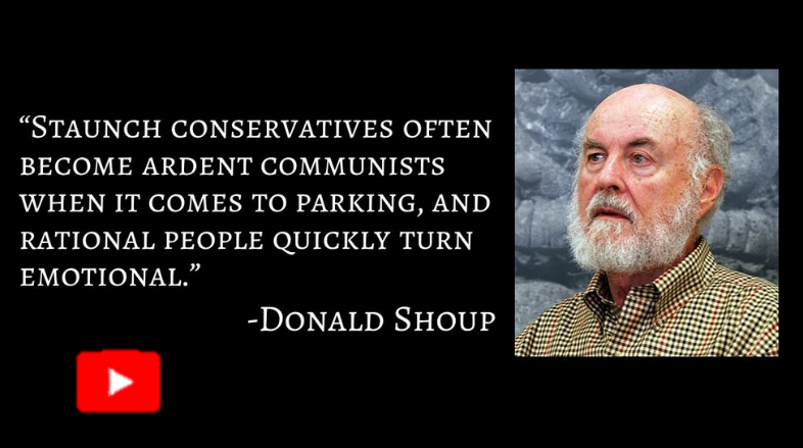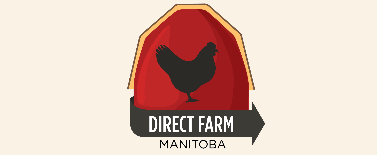Mindful Sufficiency
 Tuesday, May 19, 2015 at 8:04PM
Tuesday, May 19, 2015 at 8:04PM by Jack Heppner
In the seminar, “Transitioning to Simplicity,” which Mark A. Burch facilitated in February in Steinbach, Burch referred repeatedly to the concept of “mindful sufficiency.” Instead of participating recklessly in a culture of consumerism which our planet cannot sustain, he suggested that we need to simplify our lifestyles voluntarily if we want to leave a positive future to our children and grandchildren.
In his recent book, The Hidden Door: Mindful Sufficiency as an Alternative to Extinction, Burch explains what he means by mindful suffiency: “Through bringing mindfulness to our daily routines, we seek the maximum of well-being achievable through the minimum of material consumption. Well-being applies to all of life on Earth, not just human beings. It is about enough, for everyone, forever”.
In his chapter on “Simplicity and Economy” Burch dreams about how life could be if more people would practice mindful sufficiency:
“The Economy is no longer our obsessive concern. People are interested in other things than making more money or accumulating more material possessions because now it is more broadly appreciated that these things provide only marginal assists to well-being. There is less frenzy, less viciousness and competition. Material provision must be made; all acknowledge this. But the pace of all work has slowed down in scale to something we can really comprehend, hold, love.
“Everywhere there is a renaissance of craft and artisan production; local crafters meeting local needs, often making one-of-a-kind objects. More materials are harvested locally, more necessities are made locally, and more local people are employed in a diversity of activities. More pride is taken in our buildings which are now designed to last a thousand years. Even now, our communities are beginning to breathe an atmosphere of heritage and connection to place.
“But most of all, people have reclaimed their time from the tyrant of commerce. No longer are the best hours of the day or its best energies claimed by wage labour and the dregs left for family, nature, and spirit. The equation has been reversed. Leisure rules, art matters, we take time to serve and enjoy being served, and around these important commitments we find time to provide what is needed for a graceful life.
“There are fewer millionaires to be sure, but also far fewer people who think that contentment comes from being a millionaire. Those who still strive and grasp and claw past others in pursuit of more are recognized for who they are – deeply troubled people, slaves to their desires – but no longer a threat to the rest of us.
“We’ve learned what an economy is for: An economy is for sustaining human life within planetary life. Those who think the economy is merely their personal highway to riches and power are now appreciated as relics of a less conscious and less civilized past” (quoted with permission).
I suspect if we would practice mindfulness more regularly, all of us would begin to dream similar dreams. At least I find this dream enticing.



Reader Comments